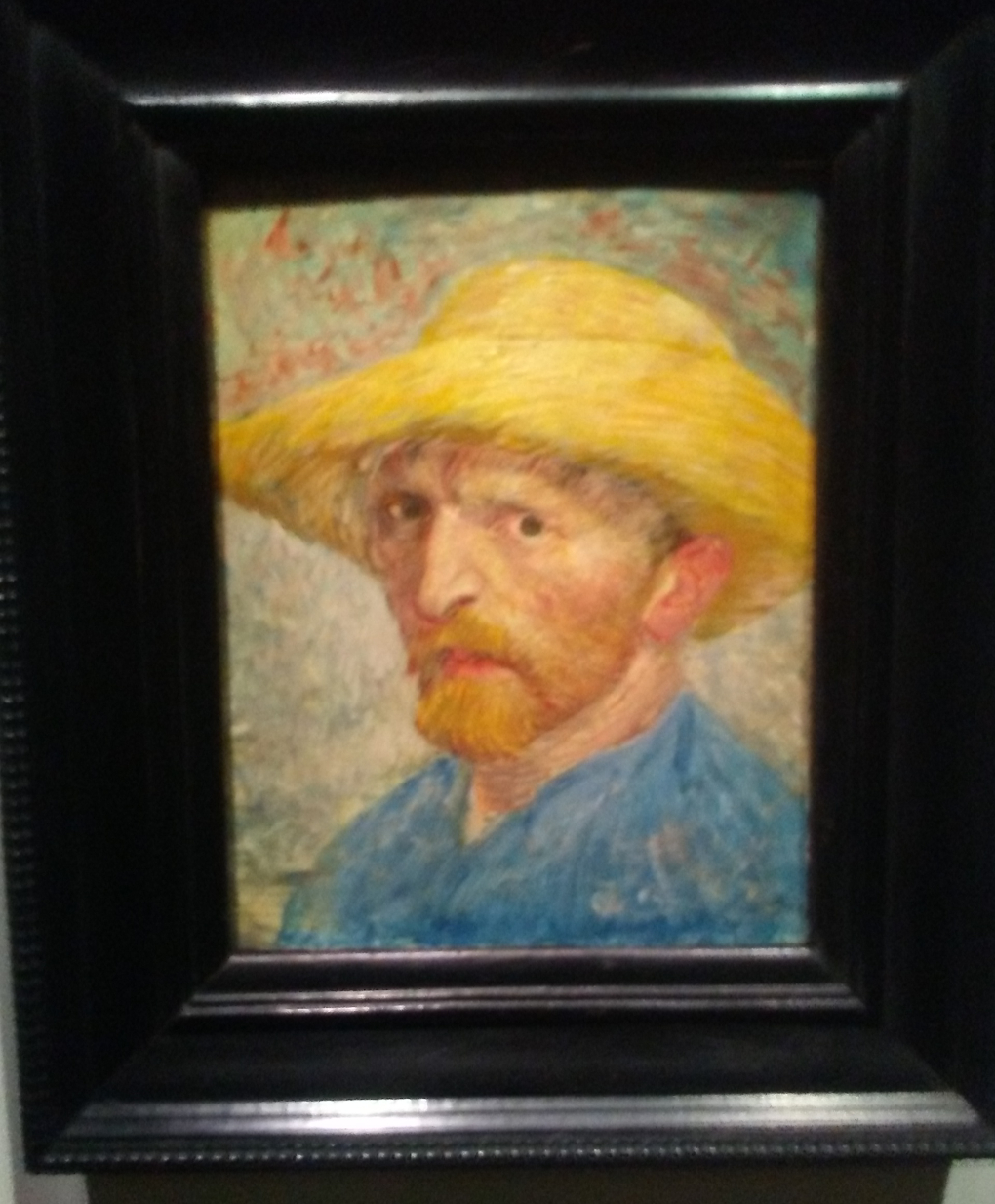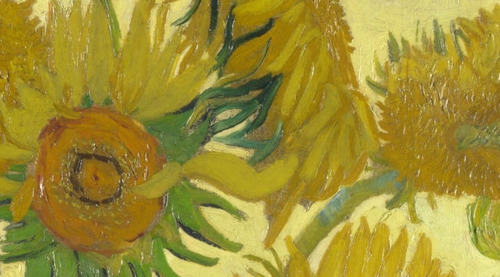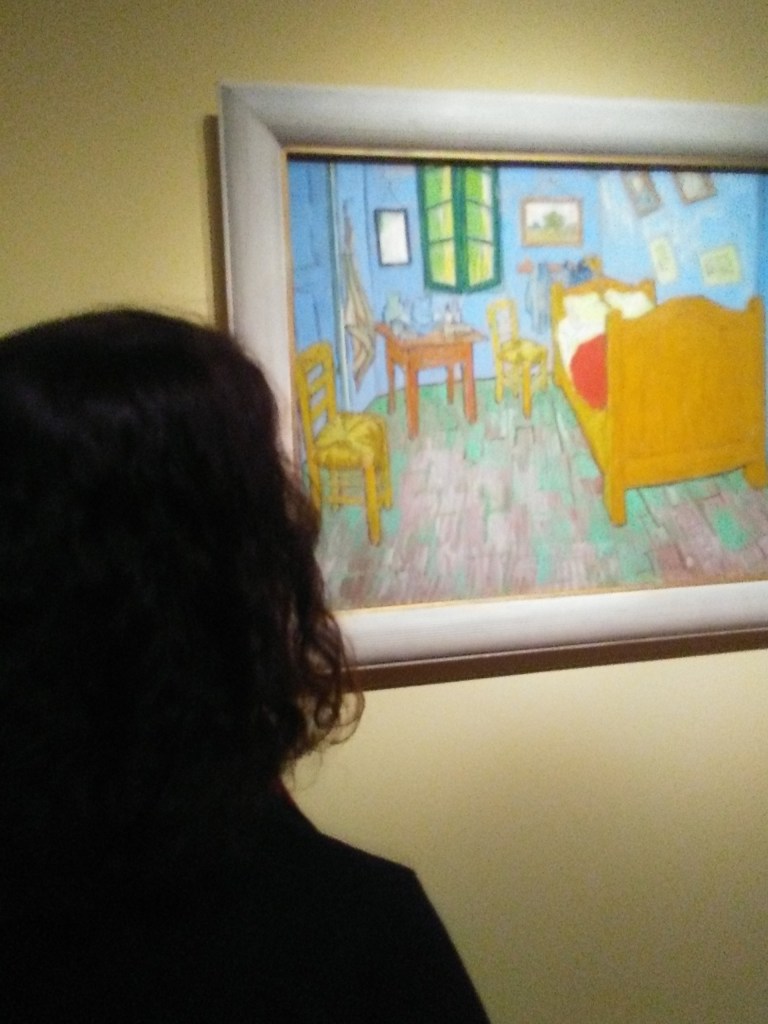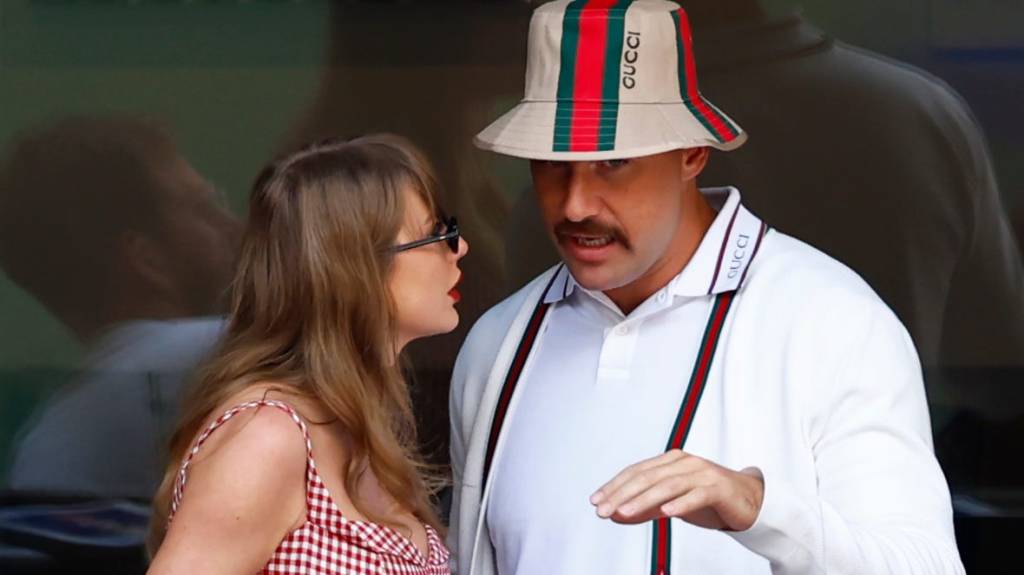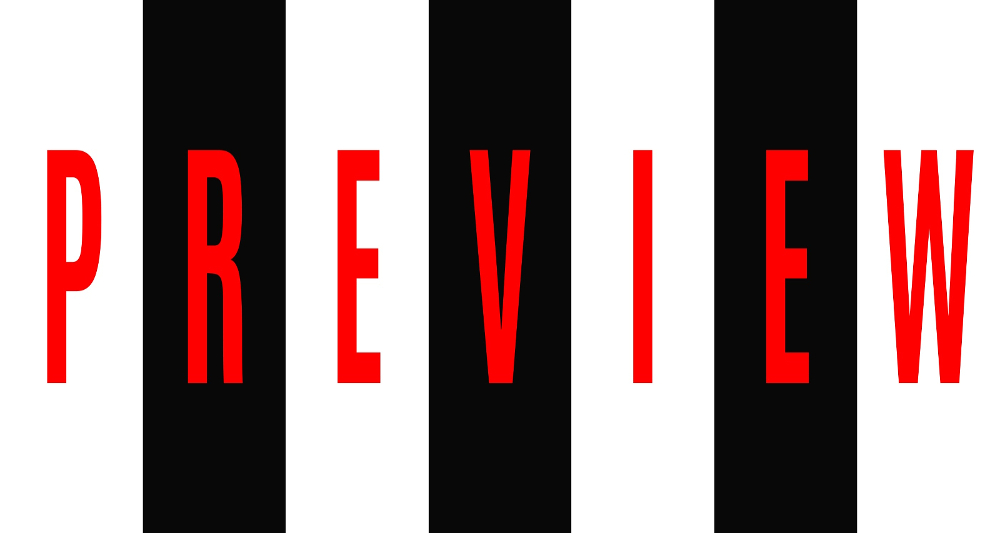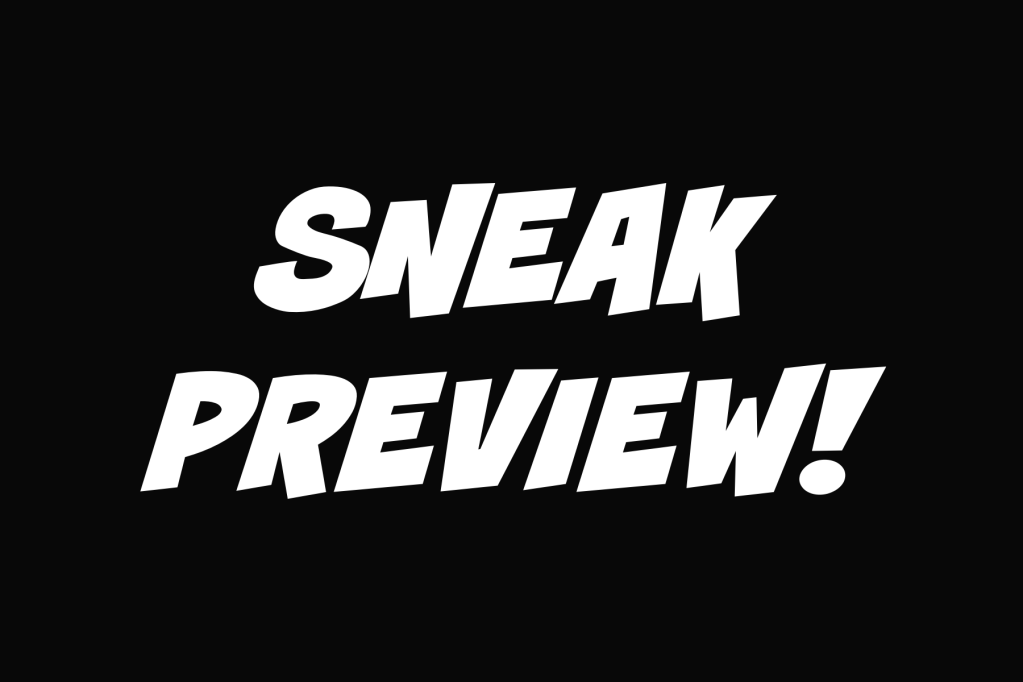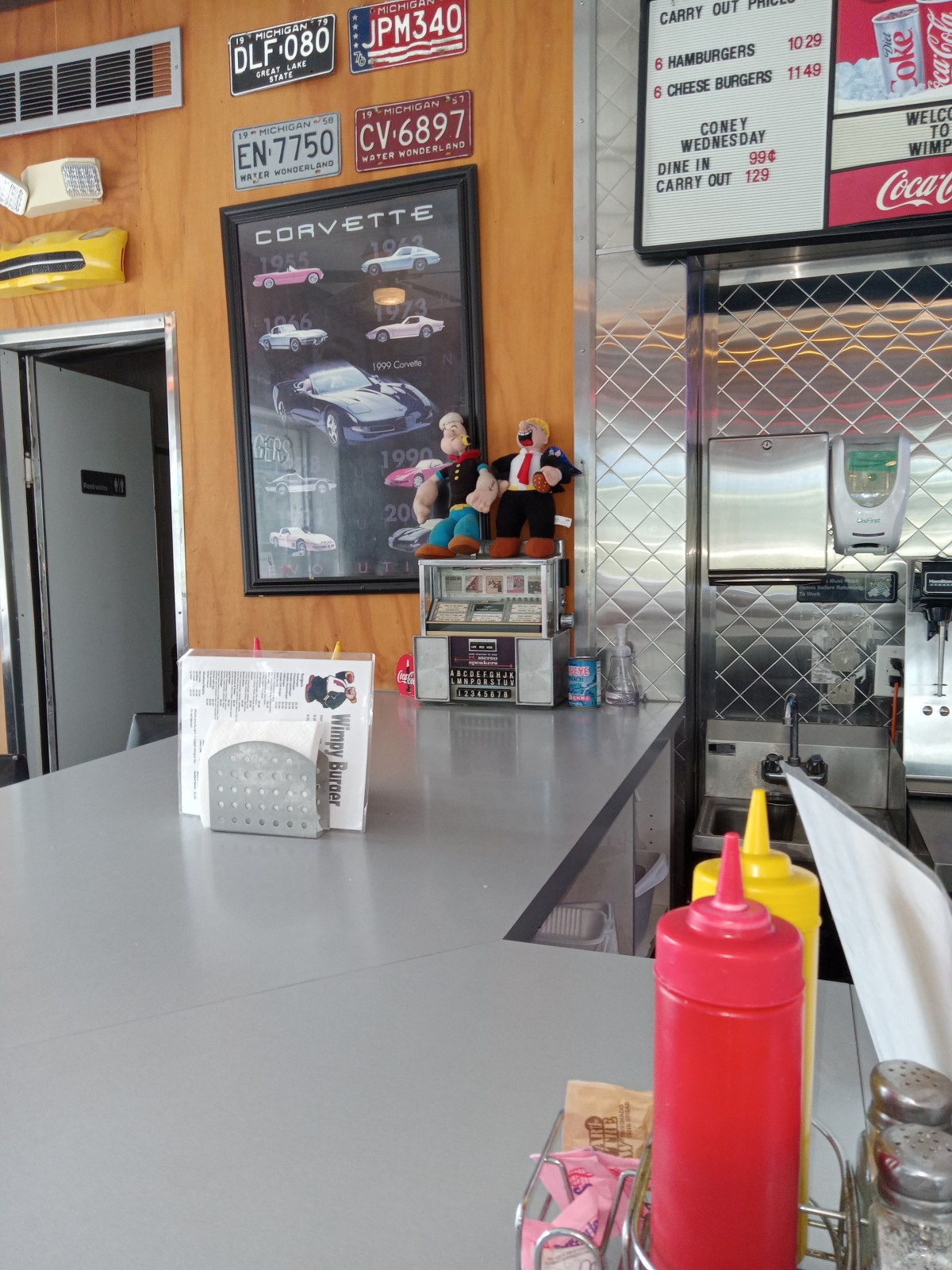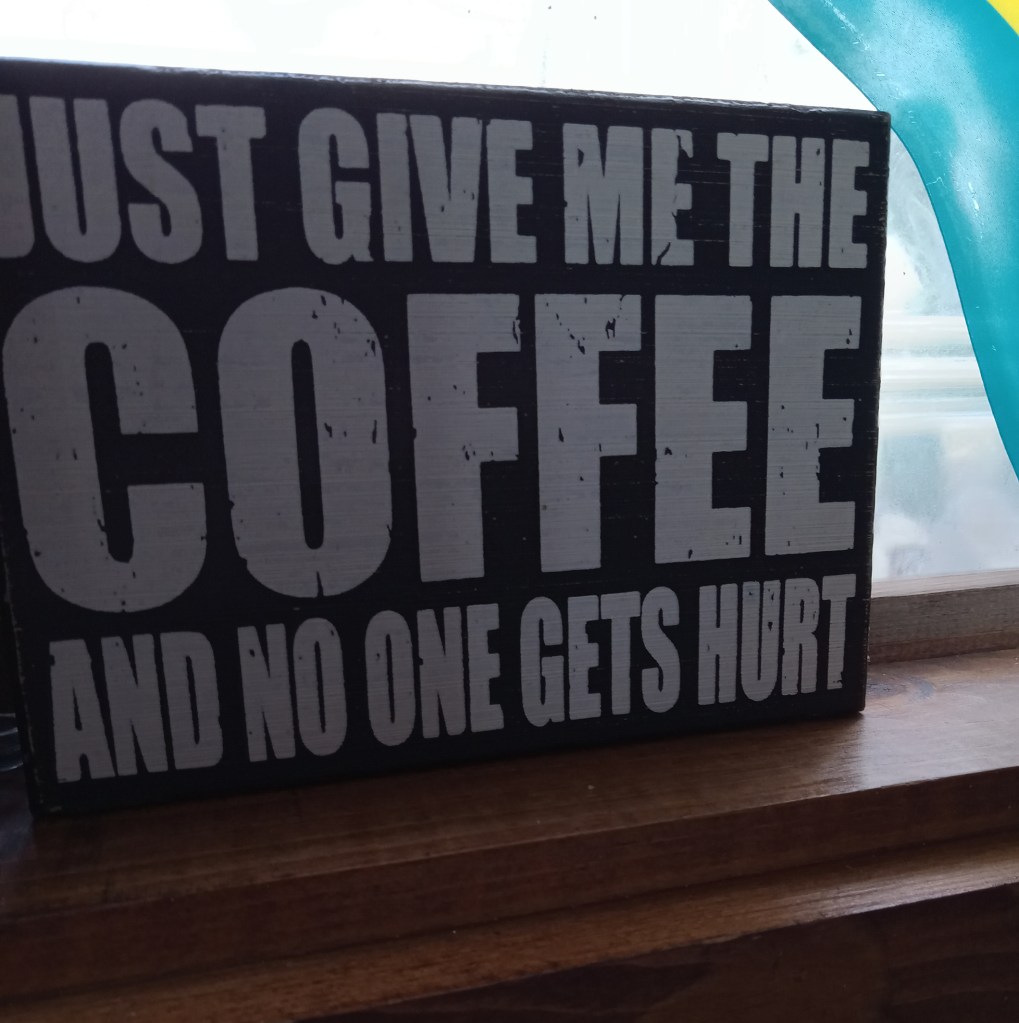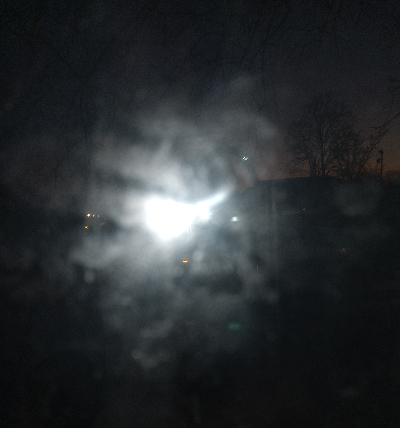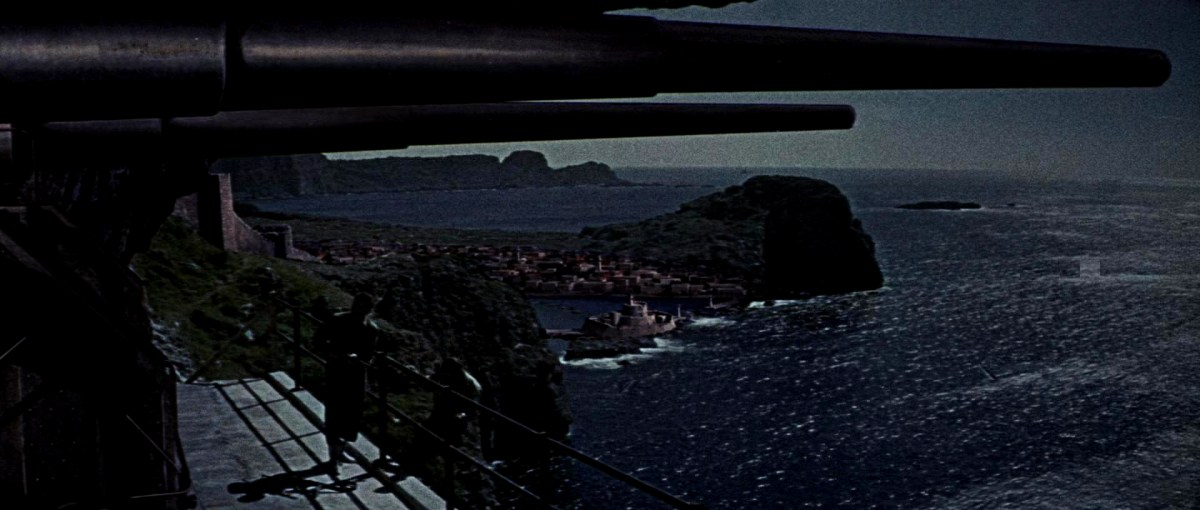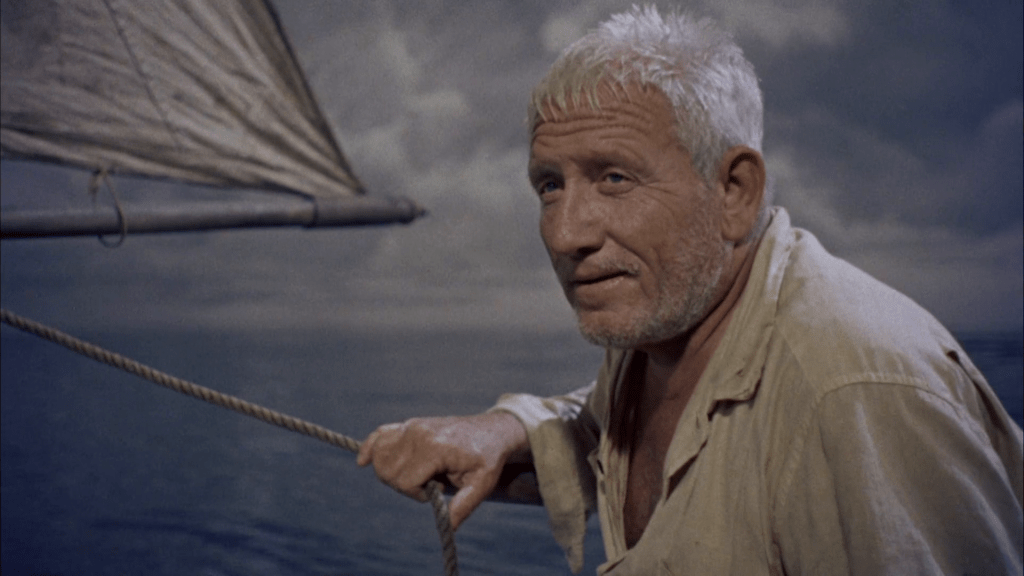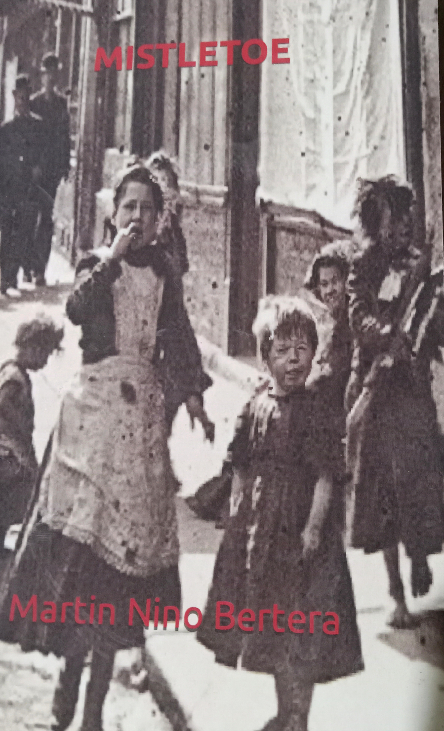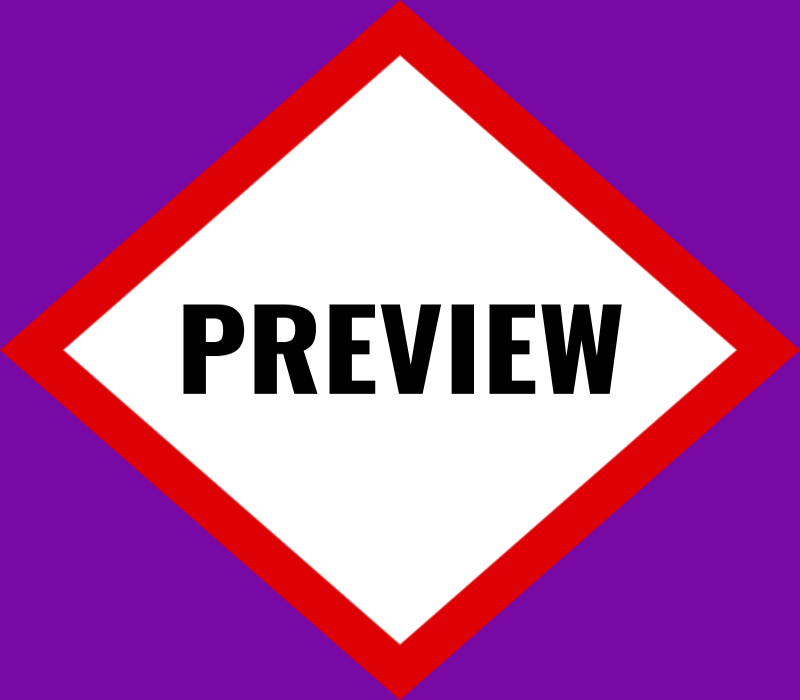NEW “FICTION”?

(image c/o cnn)
NOTE: This is not an Official White House press release.
Blessèd are our warriors. No nation rises to greatness without great warriors. The Council of Virility feeds our warriors war foods. Our warriors are pure with the eating of factory-fed cattle. This food makes warriors with fervent testicles.
We are blessed to send our virile warriors and fecund missiles to a desert war. The Council of Winning prefers desert wars. Desert wars run brief like a good humping.
Blessèd is our just war. We only fight just wars. We know they are just wars because we have chosen them.
The Council of Right Belief called on the God of Blessing. The Council said, “O greatest lord. If you will bless us in this war, say nothing.” The God of Blessing said nothing. He is on our side.
Blessèd are our war machines. The Council of Inventory reminds us we have the best missiles and machines. But they sour without use. They are like the swelling testes of men rebuked by frigid women.
The nations we war are blessed to be warred by us. The Council of Friendship has received many gratitudes from these nations. They say, “Your warring makes us feel loved.” Former nations ask us to return and war them again.
Blessèd are our war thoughts. Our news programs tell the truest truths. The Council of Right Thinking recommends many movies of handsome men who fight our just wars. They are right-thinking. Their war uniforms and superhero suits bulge with ample testicles. Other nations watch our entertainments and envy our blessings.
Praise the new war! Many nations fight old wars. We are blessed to be in a new war. The Council of New Wars is now planning new seasons of wars.
The Council of Good Breeding urges war with Sweden and Australia. Those nations’ women are attractive to us. The Council of Good Breeding invites them to breed with us. They will be blessed by our war foods and our endowed men.
Blessèd are our true offspring. The Council of Good Breeding urges our own women to be fertile and raise warriors, engineers, and podcasters. These children must learn the language of war: consume, calculate, condemn, liberate. We urge our own women to breed boy-children with symmetrical testicles. Breed girl-children with comely complexions.
The Council of Good Breeding desires fair pigmentations and natural pronouns. Let the land abound in pink and blue.
Rejoice, o great nation! Again, I say rejoice!
Blessèd is our leader. The Council of Authority reminds us we have the best leader. Thank the God of Blessing for our good leader. Some leaders do not pursue warmaking. History forgets these leaders. They are like eunuchs who graze on grass. But our leader eats red meat. His rotund testicles dangle like cured sausages. They have satisfied many attractive women.
Rejoice, o great nation! Relish this new war!
Behold! We have many great wars to come. Reproduce and think right. Behold the glory of our good wars! Behold the nation whose copious emissions bless the world!

Joe Johnson lives in Portland following a lifetime in the Yakima Valley among the hills and river and growing things. His stories have appeared in Catamaran, Monkeybicycle, and X-R-A-Y, among others. He won Peatsmoke Journal’s fiction contest and Carve Magazine’s Editor’s Choice Award. He holds an MFA from the Rainier Writing Workshop. joejohnsonwrites.com




